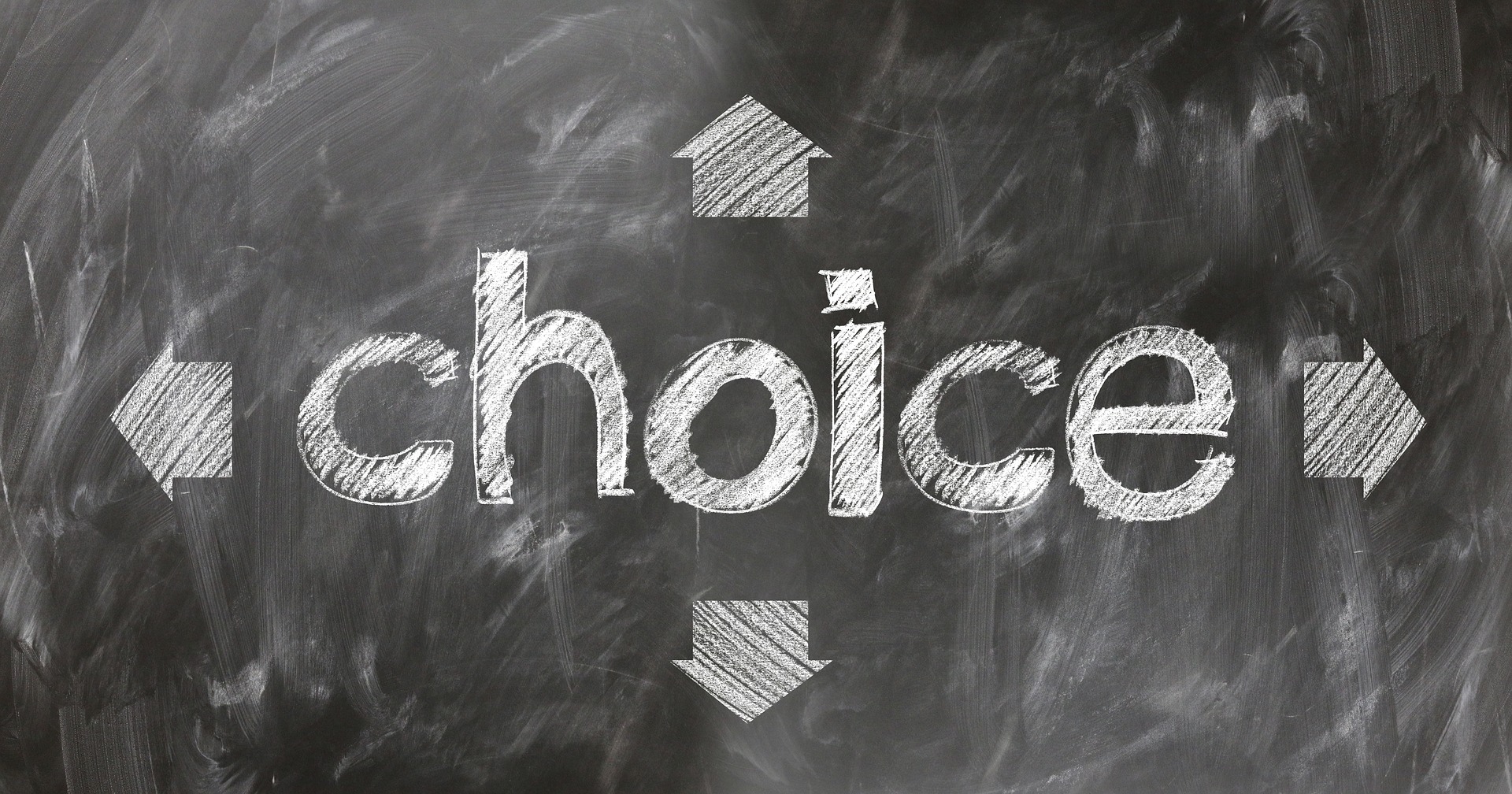
Here at The Hewitt Fertility Centre we’re proud of our record as one of the most successful and efficient fertility clinics in the UK. Our successful birth rate for women under 35 is comfortably above the national average and our occurrences of multiple pregnancies (something not ideal in IVF treatment as it increases the chances of complications in pregnancy and birth) have recently been announced as the lowest of any fertility clinic in the UK.
With that being said, the very nature of fertility treatment means that it is not a sure thing. While we do everything within our power to ensure that all of our patients have the very best chance of success, not everybody will be able to overcome their fertility issues and achieve their dream of having a baby.
If you unfortunately find yourself in that position, then all is not lost. There are multiple options available for those who have been unsuccessful in their fertility treatment but wish to continue their pursuit of building a family.
Donor Gametes
Your lack of success in fertility treatment will most likely be due to problems with your own, your partners or perhaps even both your gametes (general term for your genetic materials, i.e Sperm and Eggs). If this is the case, using those gametes in fertility treatment could either greatly reduce your chance of a successful pregnancy, or make it impossible altogether.
In this scenario we would recommend the possibility of using donor gametes. We can take the sperm and eggs from a donor - perhaps a member of your family or via the national donor network - fertilise them in our Embryology lab and then implant them inside your uterus to hopefully develop into a baby. While this child would not be a product of your own genetic material, you would be given the opportunity to carry a child through a full term of pregnancy and undergo a natural birth. Previous patient testimonials speak of how this method can give the parents a true sense of connection to their child and many fathers even speak of their feeling of paternal connection to the child being no different than if the process had involved their own genetic material.
For more information on using donor gametes, follow the links below or click here.
https://britishfertilitysociety.org.uk/
Adoption
Adoption has been an option for women unable to carry a child of their own since being passed into law in the 1920’s.
Most commonly, adoption takes place when a step-child is adopted by a new parent. But the process is frequently exercised by many people, as well as a growing number of same sex couples and single women.
Thousands of children are adopted every year, supported by a network of government and charity funded support networks who can ensure that children are safely partnered with a suitable family as well as offering support to that family to ensure that the process of integration for the child is as smooth as possible.
If you’ve been through numerous cycles of fertility treatment and are still unable to conceive, then adoption could offer you the chance to not only achieve your dream of having a family, but also give a child who is sadly without the special care and attention of a parent, the chance to be a part of a stable and loving household.
For more information on adoption, follow the links below.
http://www.afteradoption.org.uk
Surrogacy
Surrogacy figures in the UK have skyrocketed recently, with as much as a three-fold increase in the amount of parental orders (the process of legally taking guardianship of a child born through surrogacy) in the past three years.
Surrogacy provides a vital option for couples and single parents in all manner of circumstances. Same sex couples, single men and women, women who have needed to have their uterus removed and couples struggling with fertility issues are all turning to surrogacy as a viable pathway toward building a family.
In regards to those who have been unsuccessful in fertility treatment, the surrogacy options are numerous. If you are part of an opposite sex couple and your inability to conceive is due to an inhospitable or absent uterus, a surrogate could carry an embryo fertilised using both you and your partners genetic material; ensuring the child would share as many physical and genetic attributes with you as would be the case if the child was conceived naturally.
If you are a member of a same sex couple unable to carry a child of your own, surrogacy offers you a unique ability to not only build your family, but have an intimate connection with the person carrying your child, as well as enabling you to be a physical presence throughout the pregnancy and birth.
The donor bank here at The Hewitt Fertility Centre can provide same sex couples with access to donor sperm and eggs to be used by a surrogate of your choosing. If your inability to conceive is as a result of unsuitable gametes (sperm or eggs) then surrogacy can be followed via three different paths:
- If it is solely a female fertility issue - arising from the lack of, or substandard quality of eggs, that is permitting you from conceiving - then a surrogate can not only carry the child, but also potentially donate their own eggs for fertilisation with the male partner’s sperm. This affords you the opportunity to hand pick the origin of the donor egg to be used. A luxury not available to couples who acquire a donor egg via a clinic’s donor bank.
- If the female partner cannot carry a child but does have eggs available and the male genetic material or reproductive organs are causing an inability to conceive, then surrogacy via IVF with donor sperm is another option available to patients. We would access our bank of donated sperm, select a sperm sample that came from a man with similar physical attributes to that of yourself or your partner and then use that to fertilise an egg extracted from the uterus of a female member of the couple. It would then be transferred into the surrogate where it would hopefully develop into a foetus.
- Finally, if both yours and your partner’s genetic material is absent or unsuitable, donor sperm and eggs can be acquired, fertilised, and transferred into the surrogate’s uterus for development.
For more information on Surrogacy, follow the links below or click here.
https://www.coparents.co.uk/surrogate-mothers.php
http://www.brilliantbeginnings.co.uk/surrogates
Counselling
Here at The Hewitt fertility Centre, whilst it will be our immediate priority to treat the physical symptoms of your fertility issues, we consider the mental health of our patients to be of equally critical importance. All of our patients - whether they are coming to us as a single parent, a same sex couple or an opposite sex couple - are entitled to spend some time with one of our counsellors. This may be before, during or after treatment, when considering surrogacy or discussing the option of preserving their fertility.
If you have been given a diagnosis of low fertility and, after multiple rounds of IVF/ICSI, are still unable to conceive, counselling can be the perfect way to not only deal with any feelings of sorrow or anxiety that you may be experiencing; but also understand what your options are as you consider your next steps.
For more information on receiving counselling here at The Hewitt Fertility Centre, click here.




